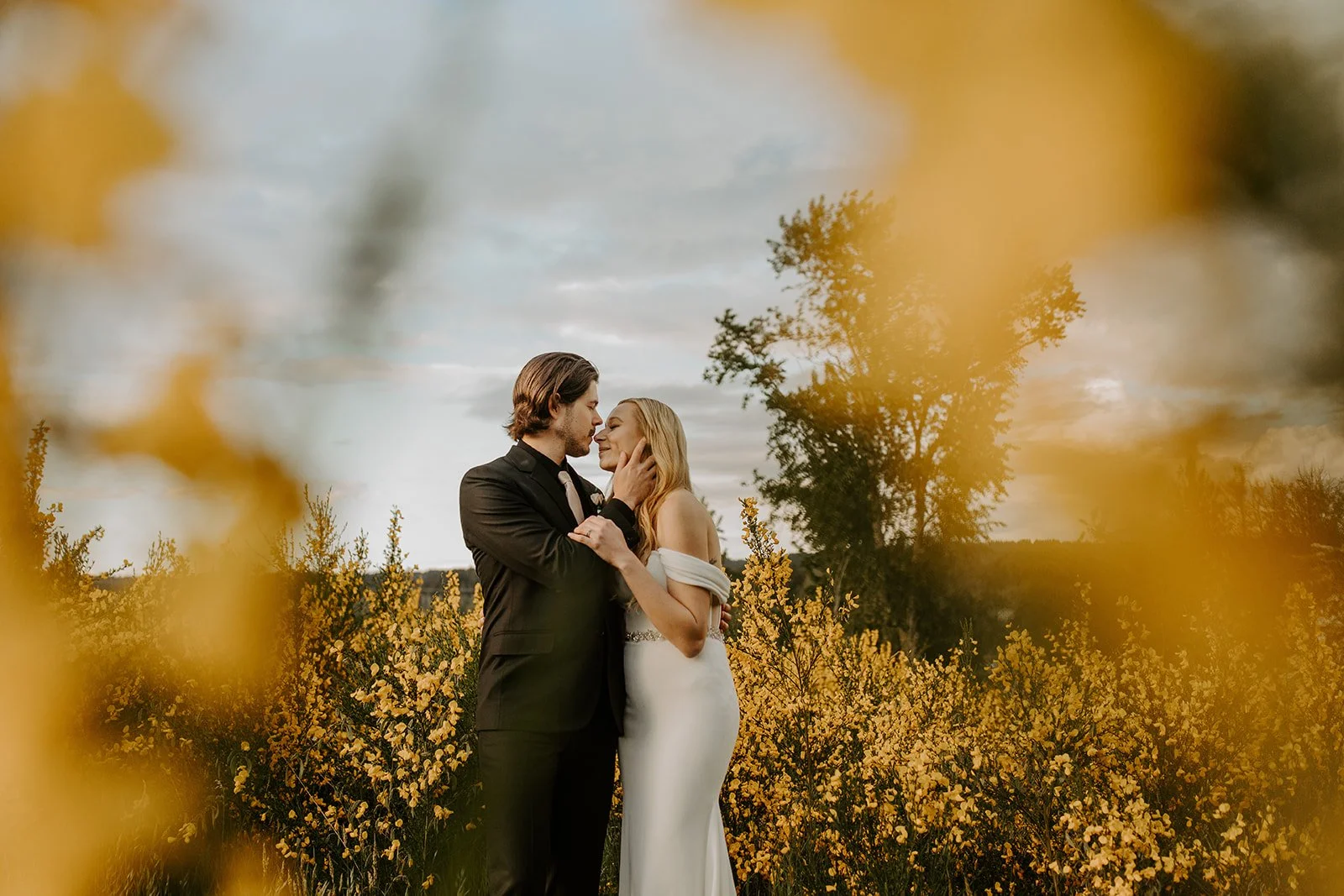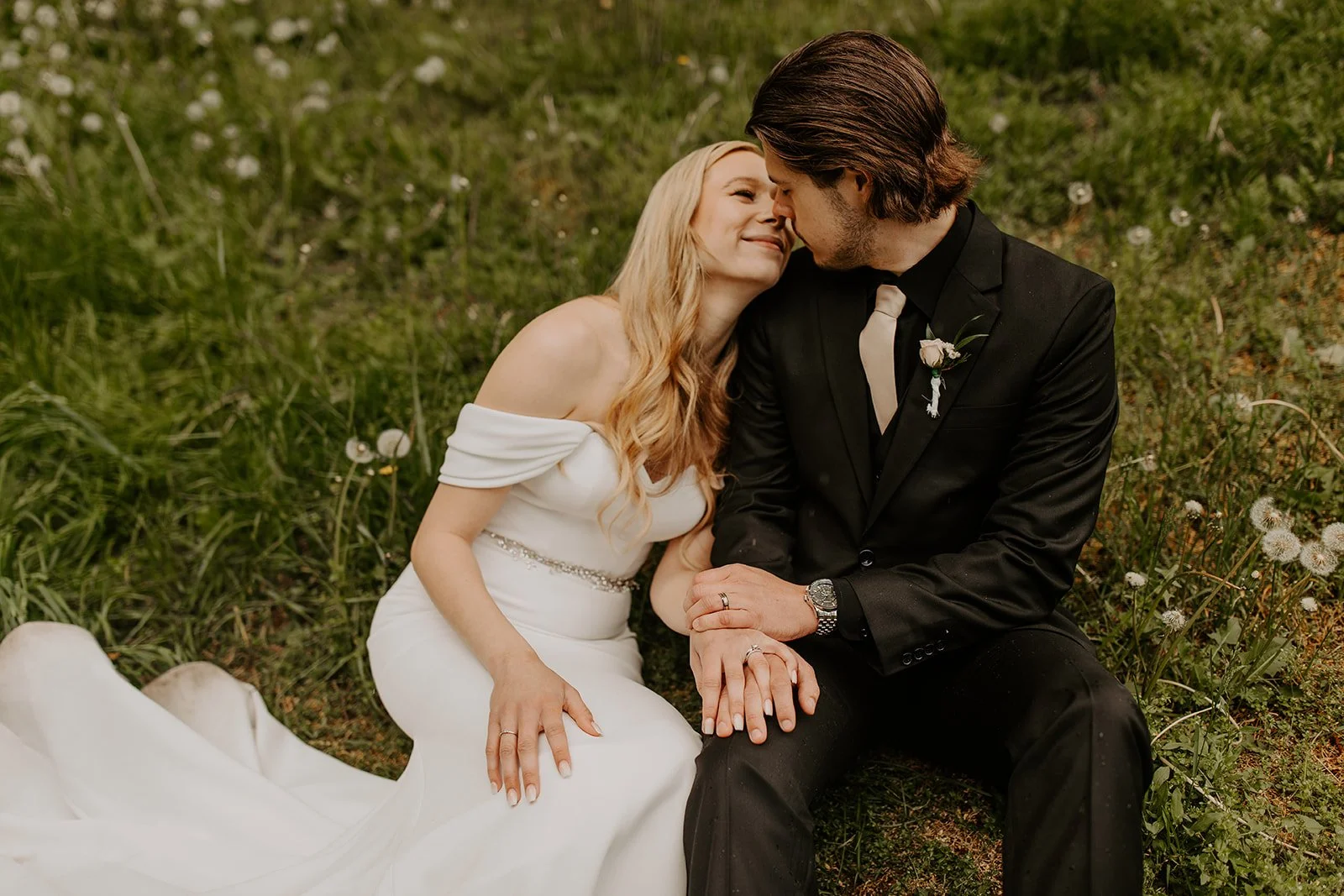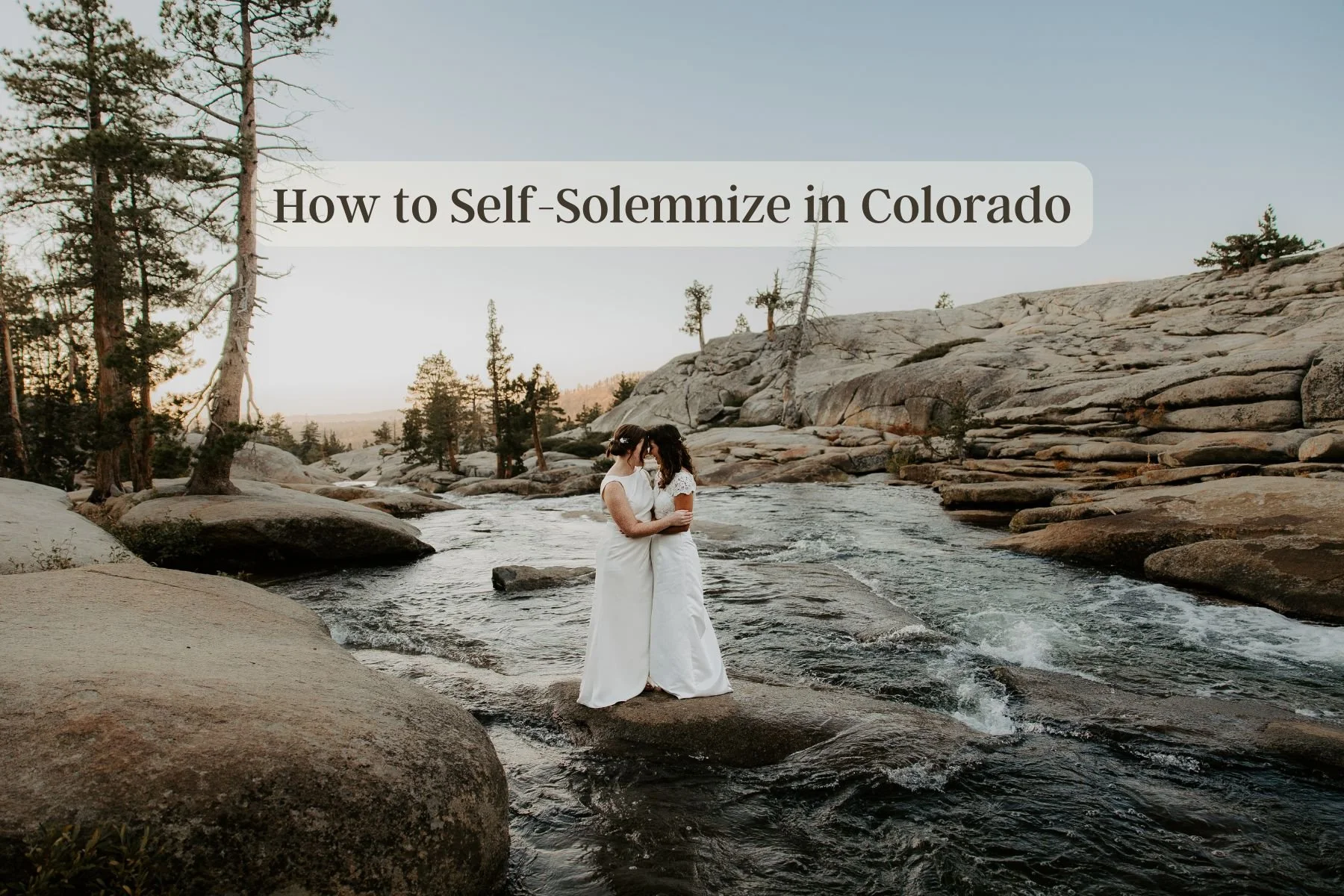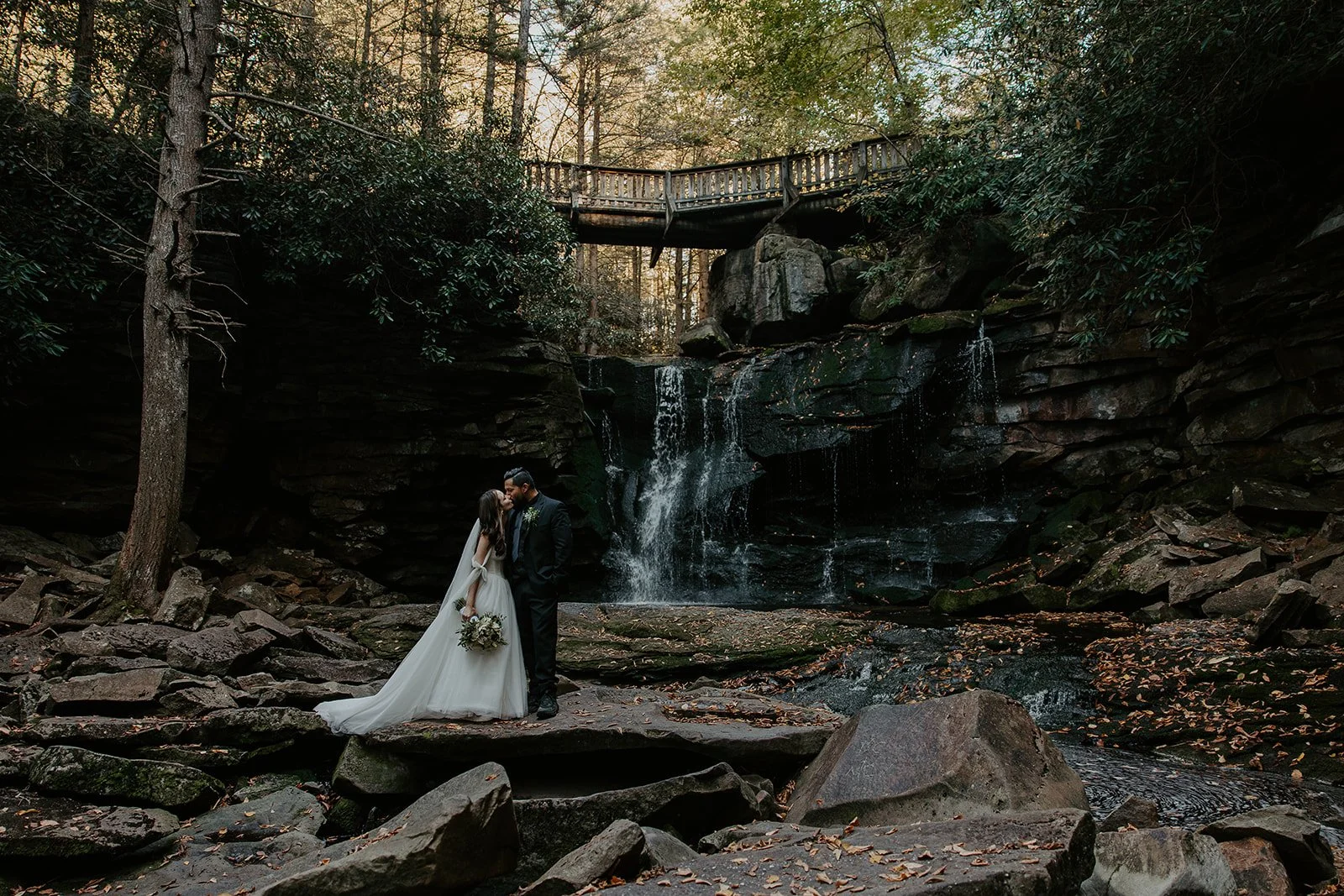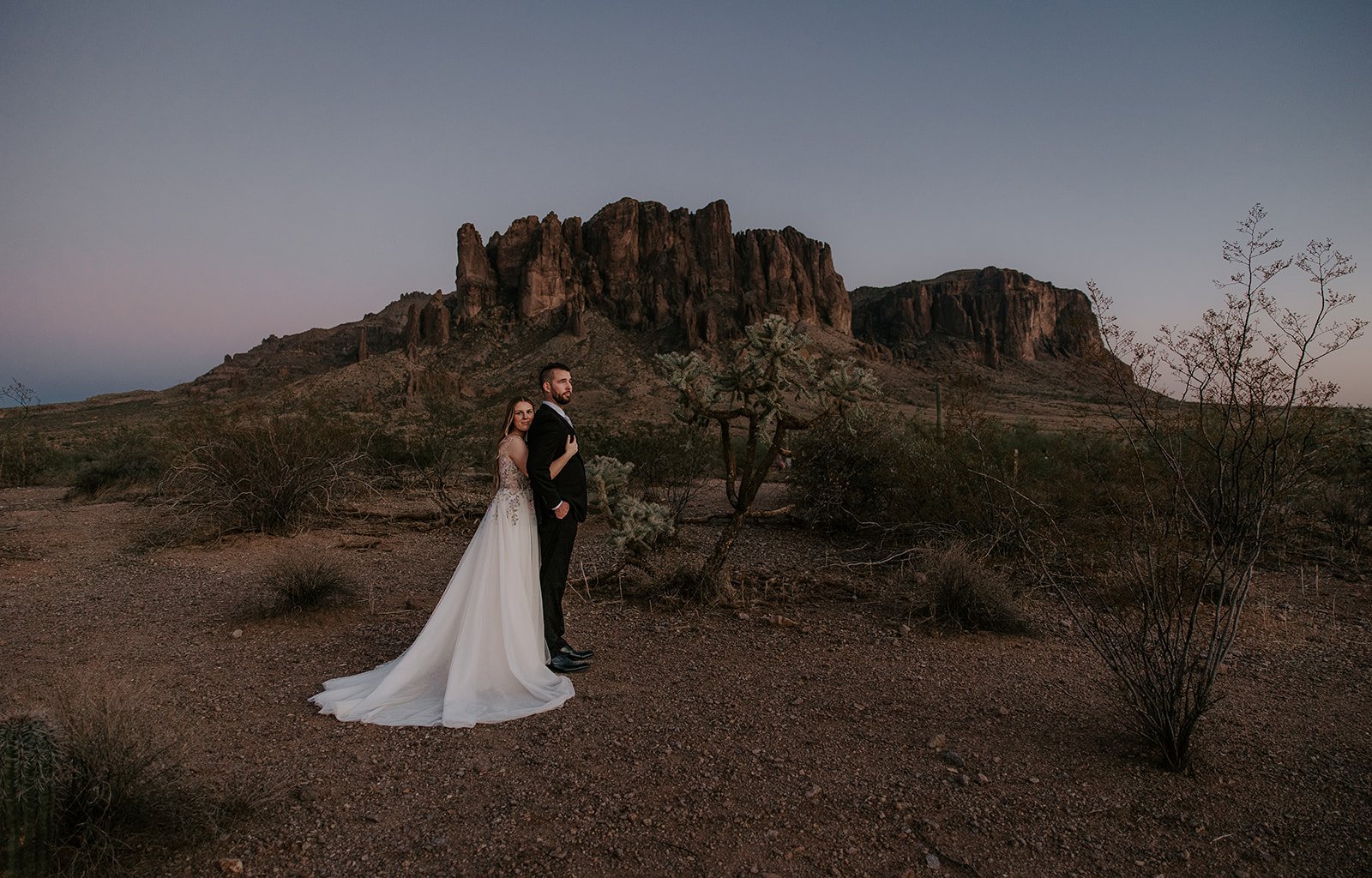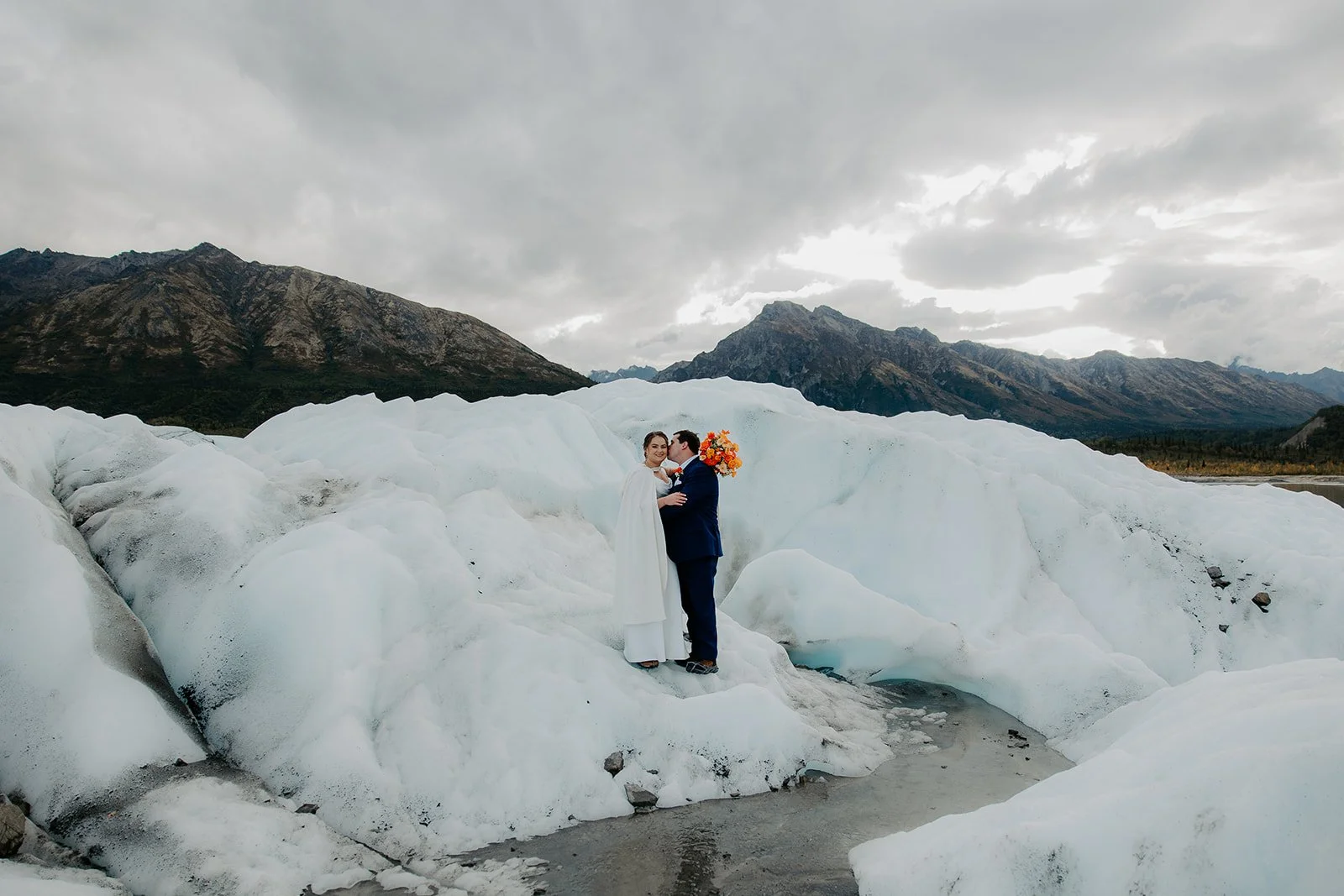How to Self-Solemnize in Colorado
If you’re a couple asking, “can’t we just marry ourselves?”, I’m happy to say you’re in for a pleasant surprise. Colorado is one of the few states that allows couples to legally self-solmnize their own elopements, meaning no officiant and no witness. Just you, your partner, and your photographer. This article will walk you through self-solemnizing in Colorado.
What Does It Mean to “Self-Solemnize”?
To self-solemnize means you and your partner can legally marry each other without an officiant or witness present. You’ll fill out your marriage license, sign it yourselves, and file it with the county, and that’s it! There’s no officiant-led ceremony, no required vows, and no witnesses. Of course, you can still include all of that if you want; it just doesn’t have to involve anyone but the two of you (and your photographer).
Why Self-Solemnize?
Self-solemnizing is for couples who want their unity to feel personal, private, and controlled. Couples get to decide where, when, and how they commit to each other.
Couples often choose to self-solemnize because it allows them to:
Keep their ceremony private or spiritual
Celebrate on their own terms (and timeline)
Save on officiant or travel costs
Have an experience that only involves them
How to Get Your Marriage License in Colorado
In Colorado, there’s no waiting period, so couples can walk out of the clerk’s office, drive to a trailhead, and marry each other that same day (or the same hour) if they want. Couples will receive two copies of the marriage certificate: one to keep and one to be filed. Once it’s signed, it needs to be mailed or returned to the same clerk’s office for it to become official.
Learn more about eloping in Colorado
How to Self-Solemnize Step by Step
Apply for your marriage license at any county clerk’s office.
Decide where you’d like to have a ceremony (if you want one).
Sign your license together.
File your completed license back with the county, either in person or by mail.
Where to Self-Solemnize in Colorado
The best part about self-solemnizing is that you can do it anywhere within the state (paying mind to permit requirements in places like NP). If you’re looking for location inspiration to elope + self-solemnize, check out my Colorado Elopement Guide, where I give exact locations, venues, and Airbnb ideas!
Can You Self-Solemnize in a Church?
Technically, yes, but it depends on the church.
From a legal standpoint, couples can self-solemnize anywhere in Colorado, including inside a church, chapel, or other place of worship. The state doesn’t limit where ceremonies can happen.
However, from a religious standpoint, most churches have their own rules about what they consider a “valid” marriage ceremony. Many require an ordained minister or officiant to lead the service and may not allow a self-led ceremony inside their space. Some will happily let you rent or use the chapel for photos or a private vow exchange, but not for the legal signing itself.
If your faith or setting is important to you, it’s always best to reach out directly to the church beforehand.
Why Don’t Other States Allow Self-Solemnizing?
Colorado’s self-solemnization laws are surprisingly rare, and a big reason why so many couples travel there to elope. In most states, marriage is still viewed as a ceremonial contract that requires an officiant or witness to make it “official.” This traces back to older religious and legal traditions where a third party had to validate the union.
Colorado takes a more modern approach, recognizing marriage as a mutual agreement between two consenting adults rather than a ceremonial contract. The state doesn’t require anyone else to be present to confirm it, which is what makes this law so unique.
Where Else Can You Self-Solemnize?
Outside of Colorado, only a handful of places.
Pennsylvania allows self-uniting marriages, but the process can vary by county and often requires a special license.
Washington D.C. allows couples to officiate their own ceremony by applying for authorization ahead of time.
While it’s possible elsewhere, Colorado is one of the only states that makes it simple, accessible, and straightforward.
Can You Still Have Guests If You Self-Solemnize?
Absolutely. Just because you don’t need witnesses doesn’t mean you can’t have them. You can invite close family, friends, or even have a small picnic celebration afterward–whatever you feel like. A self-solemnization gives you the freedom to choose anything. If you feel overwhelmed or need help figuring out how to approach everything, I’d be happy to help as your elopement coordinator and guide.
Are There Any Downsides to Self-Solemnizing?
Honestly, very few, but it’s good to know what you’re signing up for (literally).
No Structure: Without an officiant, you’ll be guiding the ceremony yourselves. For some couples, that feels empowering; for others, it can feel a little awkward or overwhelming.
No Guided Moments: If you wanted someone to pronounce you married, read a blessing, or lead a ritual, you’ll need to plan those parts yourself (or skip them entirely).
How to Make a Self-Solemnization Feel Special
Self-solemnizing gives you total freedom, and that means you can make the day feel as personal and memorable as you want. Here are a few ways to make your ceremony unforgettable and unique to your love.
1. Write Personalized Vows
Because there’s no officiant guiding you, your vows set the tone for everything. Take your time writing something that feels real. You can handwrite them in a journal, read them off your phone, or even trade letters to open during the ceremony.
2. Do a Small Unity Ceremony
Rituals add meaning, even something simple. You could:
Pour sand or river stones into a jar, signifying one family mixing together.
Tying a fisherman's knot together into rope, ribbon, fabric, etc.
Go sky diving, do a cold plunge, etc.
Being “crowned”, walking under an arch of swords (requires friends and family)
The possibilities are truly limitless. It comes down to what you imagine during the most perfect day ever for you.
3. Bring a Photographer
Even if it’s just the two of you, documenting your ceremony is something you’ll never regret. Let’s talk!
Why Self-Solemnizing is Popular
Self-solemnizing gives couples complete control over their wedding day.
It’s ideal for couples who:
Want to elope privately or spontaneously
Don’t want to follow traditional wedding structures
Value intimacy, independence, and authenticity
Prefer saving the budget for travel or photography instead of wedding formalities
Colorado makes it incredibly easy to marry on your own terms, which is probably why it’s one of the most popular states for elopements. Regardless of where you choose to elope in Colorado, you’re going to have a say in every aspect of it.
Start Planning Your Colorado Self-Solemnized Elopement
Ready to turn your Colorado elopement ideas into a real plan? Whether you’re looking for the best self-solemnizing locations, guidance on marriage license steps, or help building a stress-free timeline, I’m here to make the process simple and seamless.
Fill out the short contact form below to get personalized recommendations, permit guidance, and elopement planning support — all tailored to your vision.


